
The government’s flailing strategy for dealing with China could cost the Australian economy more than $20 billion a year – a figure that could blow out even more if the government fails to adopt a different approach.
In the past week, Chinese customers have deferred orders for Australian coal amid reports China is suspending Australian coal imports for the foreseeable future.
China has also suspended beef imports from five major Australian meatworks, warned mills to stop buying Australian cotton, halted barley imports from Australia’s largest grain exporter, encouraged citizens not to visit Australia and advised students not to travel to Australia for education.
China is our largest trading partner and accounts for a quarter of our exports. The current value of trade with China is $153 billion.
Australia welcomes 1.4 million Chinese tourists a year, who spend about $12 billion here. Chinese students make up about 20 per cent of Australian university revenue.
The loss of international students due to COVID-19 travel restrictions has meant the sector could lose 21,000 jobs and have revenues cut by about $5 billion.
At a Lowy Institute virtual seminar last week, the former head of the Australian Defence Force Air Chief Marshall Angus Houston said: “China is our partner, China is not our enemy – let’s get that very straight.”
“Our number one alliance partner is at loggerheads with our number one trading partner.”
Addressing the “ill-disciplined” messages from some politicians, Houston said: “I think there’s been some, shall I say, loose talk from here in Australia where we’ve seen some comments basically make the circumstances a little worse than they needed to be.
“We need to take a hard look at our relationship with China, I think we need a reset, we need a circuit breaker, because really if we’re going to come out of this recession that we have at the moment because of COVID-19, we need China.”
Australia’s tough stance on Huawei – barring it from the NBN and 5G rollouts over security concerns – has been a catalyst for China’s reaction.
The government has been repeatedly asked to cough up evidence that Huawei meets the security concerns – requests it has dismissed. Instead, it has pointed to Chinese legislation that, similar to our own, requires companies to assist with local law enforcement and national security.
Huawei has always insisted that it will strictly follow the laws of the countries that it does business in and there is no public evidence that it hasn’t followed this policy.
It’s even offered to co-fund a telecommunications security assurance set-up in Australia, where telecommunications equipment from all global vendors would be put under the microscope and tested to ensure that the equipment is safe and secure before it is deployed.
RMIT University and a local certified testing company have developed the foundations for a telecommunications security assurance facility. They’ve put it to the government to fund a pilot program.
This could be the chance for Houston’s “circuit breaker” to be achieved.
Equipment and systems that have been certified by the facility would then be permitted to be used by telcos, businesses and the government (excluding Defence and security agencies).
It could be a healing agent for our deteriorating relationship with China.
The cost of the facility – about $100 million over five years – would be money well spent if it produces a fundamental shift in our trade relationship with China.
Especially if it reduces the cost to Australian business and the potential loss of thousands of jobs.
Cyberattacks and cybercrime are growing exponentially – Australia needs telecommunication security assurance capabilities to be prepared for those attacks.
We won’t know how secure our telecommunication networks are until we build a nationally capability to inspect and test equipment and systems before deployment and throughout the life cycle.
Mark Gregory is an Associate Professor in the School of Engineering at RMIT University and is the Managing Editor of The Journal of Telecommunications and the Digital Economy


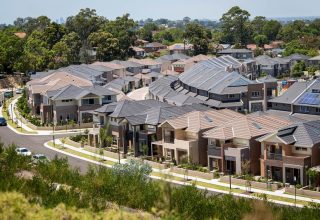


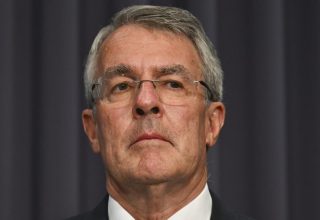
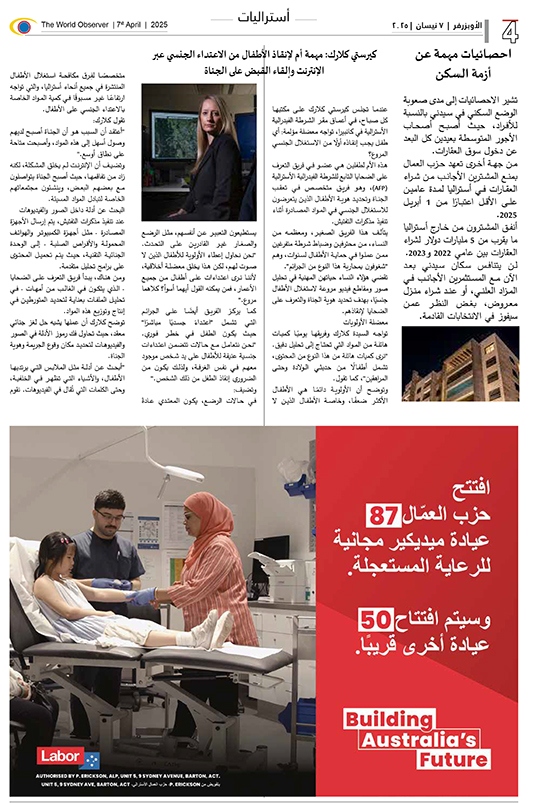
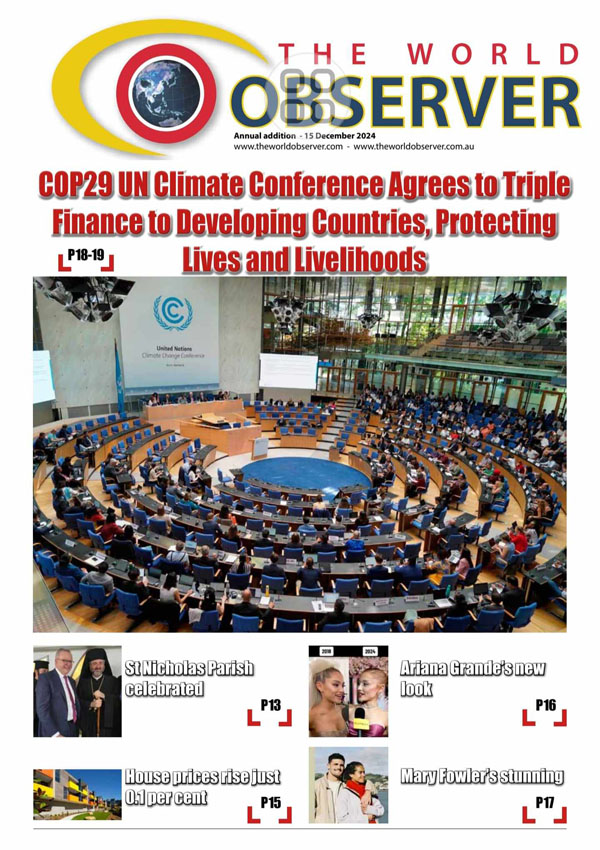
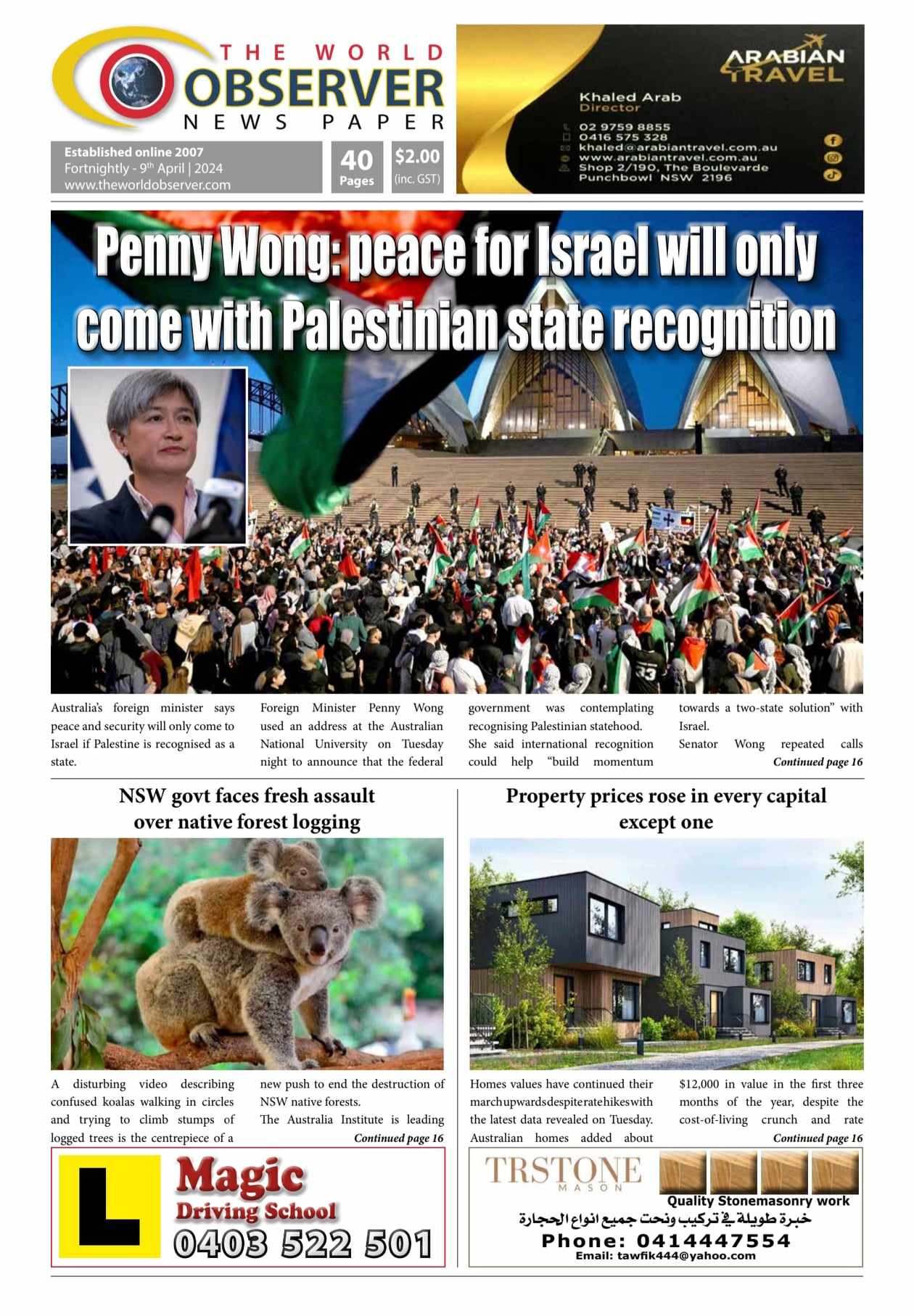





























 The World Observer Media produces a daily online newspaper, a daily Arabic online newspaper and a monthly printed Arabic/English magazine and a weekly printed Arabic/English newspaper.
The World Observer Media’s mission is to entertain and educate all generation from the Ethnic Communities in Australia, who are interested in local, national and foreign information.
The World Observer Media produces a daily online newspaper, a daily Arabic online newspaper and a monthly printed Arabic/English magazine and a weekly printed Arabic/English newspaper.
The World Observer Media’s mission is to entertain and educate all generation from the Ethnic Communities in Australia, who are interested in local, national and foreign information. 


